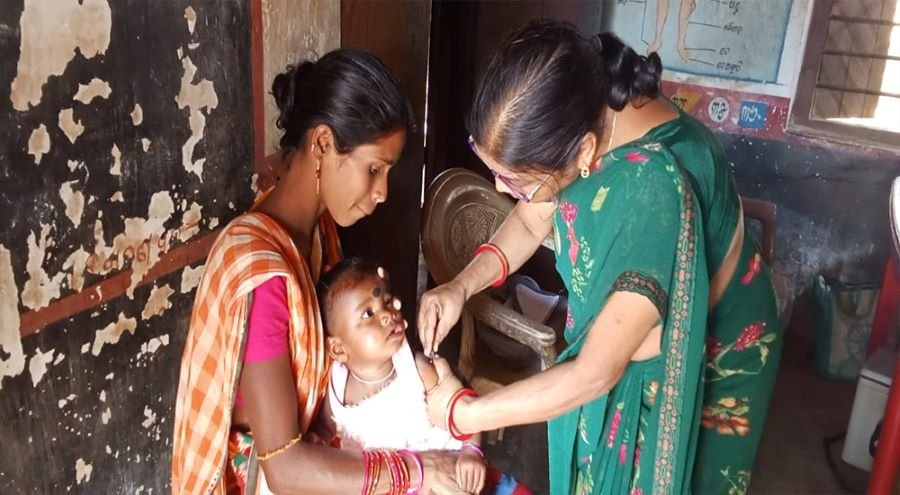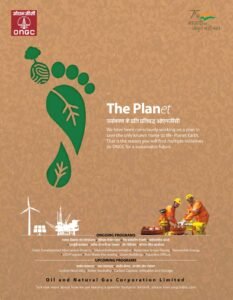Despite Considerable Progress Since First World Day Of Social Justice In 2009, Equal Society Still Far Away Off, Reports Immanuel Cyrus
The UN General Assembly proclaimed 20 February as World Day of Social Justice in 2007 and the observance of this day was meant to help in poverty eradication, the promotion of full employment and decent work, gender equity and access to social wellbeing and justice for all. Schools, colleges and universities typically prepare special activities for the day or plan a week of events around a theme related to poverty, social and economic exclusion or unemployment.
Different media, including radio and television stations, newspapers and Internet sites give attention to the issues around the World Day of Social Justice. It is recommended by the UN that during the observation of this day, particular attention needs to be given to specific topics such as the illicit trade in diamonds and armed conflicts, particularly in Africa, and the importance of the International Criminal Court.
GENERAL PRINCIPLES OF SOCIAL JUSTICE
Social justice is an underlying principle for peaceful and prosperous coexistence within and among nations. It encompasses gender equality or the rights of indigenous peoples and migrants. Social justice is advanced when we remove barriers that people face because of gender, age, race, ethnicity, religion, culture or disability. Injustice anywhere is a threat to justice everywhere, said Martin Luther King. It is not just judicial justice. Judicious society is expected to ensure a just regime across colour, creed, class, caste – any social barrier for an inclusive system so that nobody is excluded. The Black Lives matter movement by the African-American community in the United States against violence, systemic racism toward black people and police brutality recently came out in the form of protests but aimed to accomplish precisely this goal. Exclusion is also against the tenets of social justice. The inclusive society is expected to ensure equal opportunity, fair deal and does not deprive anyone. On his first day in office, the UN Secretary-General, António Guterres, pledged to make 2017 a year for peace and expressed his concern for the millions of people suffering massively in wars with no end in sight and stated that peace must be our goal and guide.
INDIAN CONNECTION TO THE WORLD SOCIAL JUSTICE DAY
Indian society has produced several personalities in the past who strove to ensure equity and justice. Some of the most devoted workers for social justice in the history of India have included Mahatma Gandhi, Chaitanya Mahaprabhu, Swami Ravidas, Swami Vivekananda, KM Munshi, Babasaheb Ambedkar etc. The resolute force and courage of these reformers along with the ardent support from the people enabled them to take robust actions against injustice. The common people also take part in such actions without knowing the implications of their actions. The Chipko movement was an act by commoners in a village against deforestation who, in a bid to keep woodcutters at bay and protect the environment, started hugging trees. Taken in a broader sense, this shows that the sense of a united community is essential in protecting the environment.
The Constitution of India accepts the use of social justice in wider sense, which includes both social and economical justice. As former Chief Justice P. B. Gajendragadkar put it, “In this sense social justice holds the aims of equal opportunity to every citizen in the matter of social and economical activities and to prevent inequalities”. The Indian government is also acting in accordance with the International Labour Organization (ILO) resolution of 2013 concerning sustainable development, decent work, and green jobs putting forward a policy framework for a just economic transition. Key policy areas as per ILO are macroenconomic and growth policies, industrial and sectoral policies, enterprise policies, skill development, occupational safety and health, social protection, labour market policies, rights, social dialogue and tripartism.
The MGNREGA is the biggest action in the world for ensuring right to work. The corporate social responsibility in the Companies Act brings a new dimension of sharing profits.
GLOOMY GLOBAL SCENARIO
But the situation in the world is not that bright. The UN’s department of economic affairs says that despite global efforts the popular contention that the rich get richer and poor get poorer appears to be largely based on fact. Moreover, extreme or absolute poverty, experienced by those whose income is barely sufficient for survival, remains widespread. The time has come to move the developmental discourse beyond the current discussion of outcomes of opportunities and ensure a framework for free environment of opportunities and coherent redistributive policies that would make the global society equitable.
Furthermore a global public education campaign for lesbian, gay, bisexual and transgender (LGBT) equality raises awareness of homophobic and transphobic violence and discrimination, and promotes greater respect for the rights of LGBT people everywhere. But this does not seem to have borne much fruit considering a pushback from the extreme right/conservatives in favour of traditional values regardless of whichever is the dominant religion. The way forward for governments is to reaffirm the commitments made in Geneva Development Summit 1995 which is a commitment to promote national and global economic systems based on the principles of justice, equity, democracy participation, transparency, accountability and inclusion. Reaffirming a commitment for full and productive employment and decent work for all, including for women and young people will ensure that the Feb 20, World Day of #SocialJustice promotes social justice, solidarity, harmony & equality for all.






























